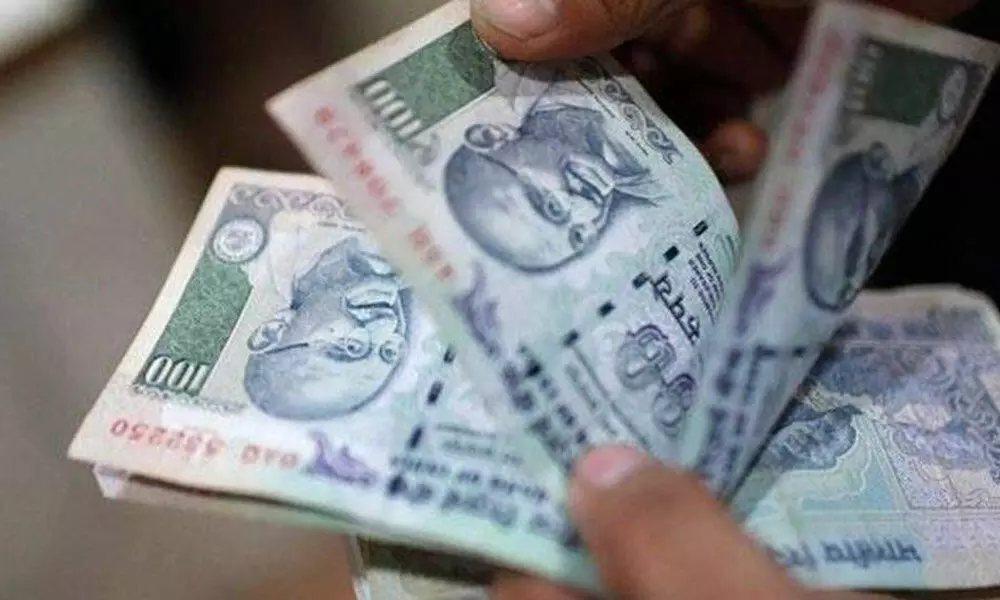Budget should help economy emerge stronger
Experts see possible disruption in economic growth trajectory, predict rate hikes
image for illustrative purpose

Mumbai: Even as the RBI is all likely to increase the key policy rates in the year, the Budget must help country's economy emerge stronger, say experts. The Covid-19 pandemic continues to linger. While people and businesses are learning to live with it and shorter disruptions, there is worry about possible disruption in the economic growth trajectory.
Shanti Ekambaram, Group President (Consumer Banking), Kotak Mahindra Bank, says: "We are likely to see rate hikes this year signaling the end of monetary accommodation. In this backdrop, we are optimistic that the government will make the right moves in Budget FY23 to help the economy emerge stronger from a two-year-old pandemic."
According to Ekambaram, "we're expecting the Union Budget to continue to support growth over fiscal consolidation by continued focus on capital expenditure, rural development, pandemic-related healthcare, support to MSMEs, measures to boost green energy, and spends on public welfare. We do not expect any major changes in tax rates."
The government is expected to keep its FY22E fiscal deficit unchanged at Rs15.1 trillion (or 6.5 per cent of GDP because of a higher denominator, nominal GDP), and announce FY23E deficit at Rs 15.4 trillion, or 6 per cent of GDP. Anything less than 5.8 per cent of GDP for FY23 may help bring down yields and anything over 6.2 per cent could push them higher, says EcoScope report of Motilal Oswal Financial Services Limited (MOFSL). In order to keep its fiscal deficit unchanged at Rs15.1t, the Centre will have to spend Rs 37 trillion in FY22E, of which only 56 per cent (or Rs 20.7 trillion) has already been spent up to November 2021. It implies that Rs16.3 trillion will be spent in the last trimester of FY22E, slightly higher than Rs16 trillion spent during the corresponding period of last year, which was almost double of that spent during the corresponding period in FY20.

